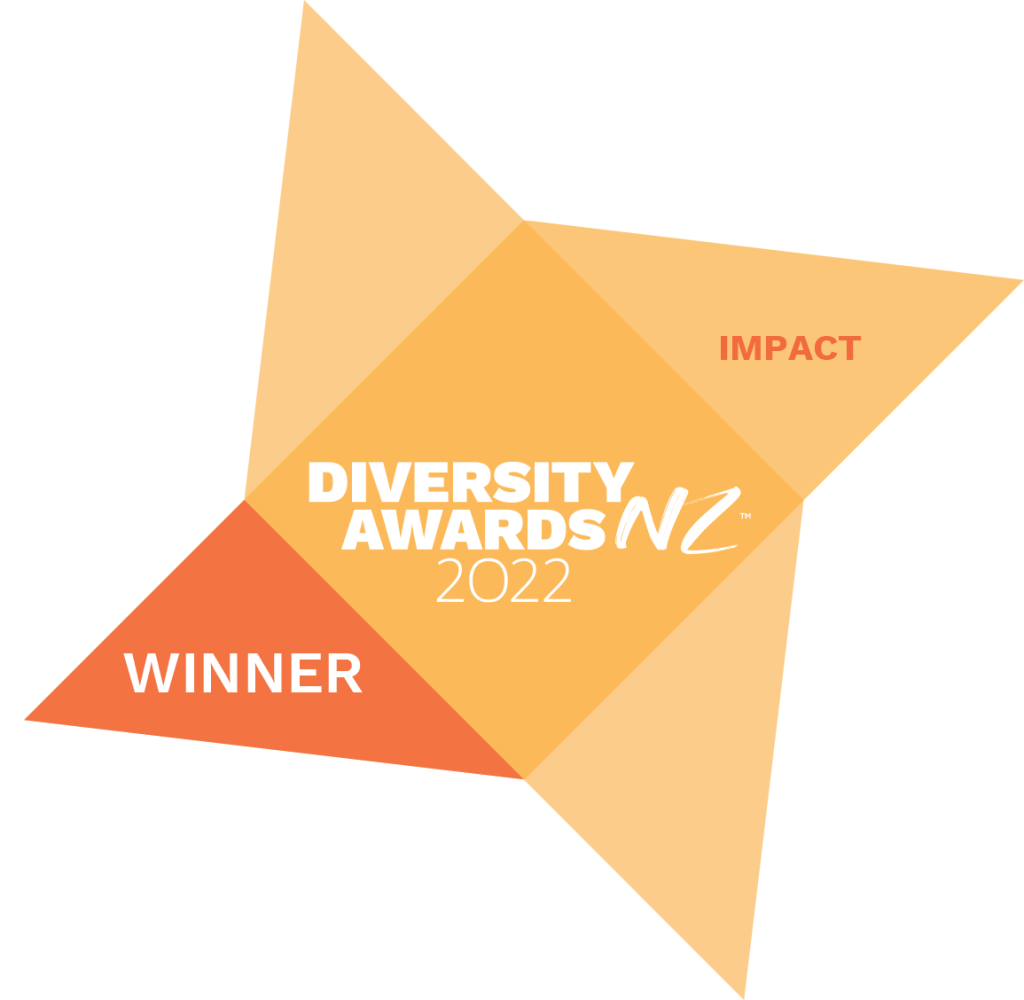In this article, we look at how we can all play a role in creating an inclusive and equitable bi-cultural workplace.
A partnership agreement
The Treaty of Waitangi, also known as Te Tiriti o Waitangi, serves as the foundational document of Aotearoa New Zealand, establishing a partnership between the indigenous people of the land, the Māori, and the British Crown.
However, a significant challenge arises from the fact that the Treaty was originally an English document, later translated into te reo Māori (the Māori language) by English translators. This translation led to a literal interpretation based on the translators’ understanding of the words, which differed from the intended understanding of the Māori chiefs, known as Rangatira, who signed the Treaty.
The essence of Te Tiriti was to ensure that Māori could maintain their rangatiratanga (chieftainship) over their lands and other important aspects of their lives.
Te Tiriti o Waitangi comprises three key articles
-
- Article 1 focuses on Kāwanatanga, granting the Crown the right to govern as entrusted by Māori.
- Article 2 centres around Tino rangatiratanga, emphasizing Māori’s retention of sovereignty over their valued possessions.
- Article 3 addresses the equal rights of Tāngata Whenua (Māori) and Tāngata Tiriti (all those who arrived in New Zealand as partners to the signed treaty) within Aotearoa.
Three guiding principles
Three guiding principles have been developed to illuminate the treaty’s intentions and guide all stakeholders (including individuals, businesses, organizations, and government entities) in comprehending its objectives. These principles are as follows:
Partnership
Active strategies foster collaboration, engagement, and consultation with Māori hapū (sub-tribes) and iwi (tribes) while considering diverse perspectives and ensuring meaningful Māori representation.
Protection
Decisions are made in a manner that is correct (tika) and adheres to proper cultural protocols (kawa). The implementation of uara Māori, or Māori values, ensures the safeguarding of Māori treasures, such as language, land (whenua), and fisheries.
Participation
This principle encourages meaningful dialogue and relationships with iwi and hapū, enabling their input into decisions that may impact them, akin to the concept of partnership.
Why is this important in business?
It is good business practice to champion inclusivity
In recent years, there has been a notable surge in race discussions and protests that promote equitable representation and cultural empowerment. It is essential to understand that these conversations do not aim to grant Māori special treatment. Rather, they seek to acknowledge the historical fact that Rangatira signed Te Tiriti o Waitangi under the understanding that they would retain te tino rangatiratanga (full authority) over hapū (sub-tribes). Historians widely agree that the treaty was presented in a strategic manner to ensure Māori agreement. Although the transfer of power to the Crown may have been downplayed, it is crucial to remember the underlying principles.
Te Tiriti o Waitangi guaranteed Māori the right to have a voice in matters that affect them. However, the process of colonisation undermined these rights. To honour the agreement and contribute to developing a truly bicultural nation, it is important to comprehend Te Tiriti o Waitangi and commit to upholding its principles. There is ample evidence demonstrating that what benefits and works for Māori ultimately benefits everyone. Therefore, by embracing this understanding, we actively participate in creating a more equitable and inclusive society.
Community-led development is the future
The active involvement of people in shaping their communities is not merely an ideal. It is a reality that we are witnessing today. There is a growing trend of community participation, where individuals take the initiative to engage in co-designing services and programmes. In particular, consultation with mana whenua (Māori tribal authorities) has become a standard practice in decision-making processes involving government and local authorities.
While it is important to note that not all community-led development initiatives firmly commit to upholding the principles of the Treaty of Waitangi, you will often find that Māori approaches align seamlessly with community-led development. The inherent values in “kaupapa Māori” and “tino rangatiratanga” have roots in community development. These approaches embody intentional processes aimed at working towards self-determined goals and aspirations for the betterment of whānau (families). This in turn benefits the broader iwi (tribal) community.
Cultural competency
Cultural competency is the ability to effectively understand and engage with individuals from different cultures, which requires effort and skill. A foundational aspect of cultural competency is having a working knowledge of Te Tiriti o Waitangi.
One of the principles embedded in Te Tiriti o Waitangi is the responsibility to act reasonably and in good faith. To recognise and respect the differences between Māori and other cultures. According to international law, when a treaty exists between two nations, the indigenous version holds greater significance.
Therefore, we have an obligation to uphold the principles of Te Tiriti o Waitangi. This entails proactive engagement with whānau/hapū/iwi (Māori families/sub-tribes/tribes) and involving them in consultation from the outset. Not inviting them to the table as an afterthought.
To fulfil this commitment, we must reflect on our own attitudes and beliefs, acquire knowledge about different cultural perspectives and practices, and develop a repertoire of culturally appropriate strategies that we can employ as needed.
Some things you can do in your workplace
-
- Be responsive to the needs of Māori whether it be your staff, clients or partners
- Hold Treaty workshops for your staff
- Encourage staff to learn and use Te Reo and Tikanga Māori
- Build good relationships with Māori communities, organisations and businesses and recognise/provide for Māori interests
- Look for team members with whakapapa Māori and knowledge, and ensure there are equal and equitable opportunities for Māori, talk to us about Te Puni Kōkiri cadetships
- Learn from Māori how to run a business in a way that respects Māori values and culture.
Find out more
Find out about our Te Puni Kōkiri cadetship and our public course, He Muka Tangata – both develop, mentor and train your permanent Māori staff at all career stages into higher-skilled roles. Contact our team on 09 622 3979 for more details.






